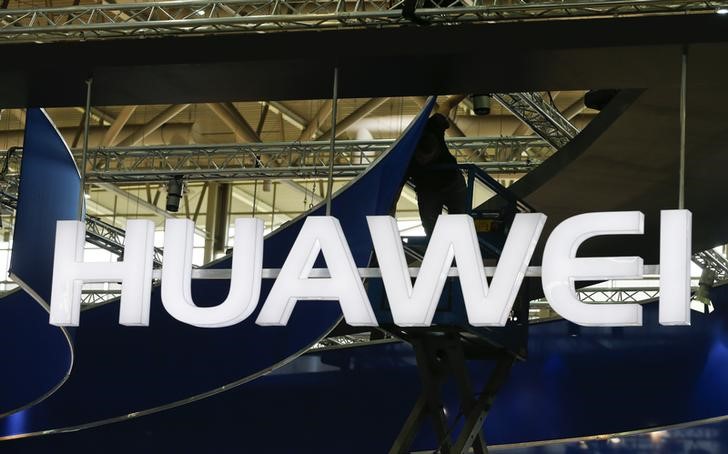Quiver Quantitative - In the race to integrate advanced digital features into electric vehicles (EVs), Chinese smartphone giants Huawei and Xiaomi (OTC:XIACF) have taken a significant lead, unveiling new cars designed to work seamlessly with their phones. This move comes amidst speculation about Apple (NASDAQ:AAPL)'s entry into the automotive industry, with the tech giant yet to publicly reveal its plans for an Apple car. Huawei and Xiaomi's strategy aims to engage their phone customers with smart vehicles, establishing a foothold in the market before Apple potentially joins the competition.
China, a critical market for both Apple (AAPL) and Tesla (NASDAQ:TSLA), is witnessing a transformation where the concept of an EV as a smartphone on wheels is materializing. Chinese EV manufacturer NIO has even ventured into the smartphone market. Xiaomi's debut in the EV sector was marked by the introduction of an electric sedan, emphasizing global-standard manufacturing and partnerships with tech giants like Nvidia (NASDAQ:NVDA), Qualcomm (NASDAQ:QCOM), and Bosch. Huawei, recovering from U.S. sanctions, has adopted a different approach by co-designing models with established carmakers, embedding its operating system and driver-assistance software to maintain engagement with its smartphone users.
Market Overview: -Chinese smartphone giants Huawei and Xiaomi, rivals to Apple in their home turf, are taking the lead in the burgeoning electric vehicle (EV) market, unveiling new cars with advanced digital features. -This move aims to captivate existing phone customers, build brand loyalty, and establish a foothold before Apple's potential entry with its rumored "Apple car."
Key Points: -Huawei launches a premium SUV starting at $70,000, competing with Tesla and BMW (ETR:BMWG). -Xiaomi showcases its first electric sedan, aiming for high-end market against Porsche and Tesla. -Both cars integrate seamlessly with their respective smartphone ecosystems, leveraging existing user bases. -Apple on the Sidelines: While Apple remains mum on its car plans, China's proactive players are seizing the initiative and shaping the future of connected vehicles. -Beyond Mobile, Building Ecosystems: Xiaomi and Huawei see EVs as more than just transportation, but crucial parts of their tech ecosystems, extending user engagement beyond smartphones.
Looking Ahead: -Chinese tech giants' aggressive moves set the stage for a fierce battle in the global EV market, potentially putting pressure on established players like Tesla. -Apple's eventual entry, expected around 2026, will face formidable competition, but could benefit from partnerships with existing EV players in its supply chain. -The integration of AI, software, and connected technology in EVs will continue to define the future of mobility, with Chinese companies demonstrating the potential for seamless smartphone-car integration.
The entry of these tech companies into the EV market signals intensifying competition for established automakers like Tesla, with CEO Elon Musk acknowledging the formidable challenge posed by Chinese car companies. The shift towards EVs by smartphone manufacturers could potentially lead to overcapacity and reduced profit margins in the industry.
For Apple, the move by its Chinese rivals and its suppliers, such as Foxconn Technology and Luxshare Precision, into the EV space, suggests a foundation for potential partnerships and technology access if it decides to enter the automotive sector. Analysts predict that Apple might unveil its car around 2026, joining the evolving landscape of tech-infused electric vehicles.
This article was originally published on Quiver Quantitative
